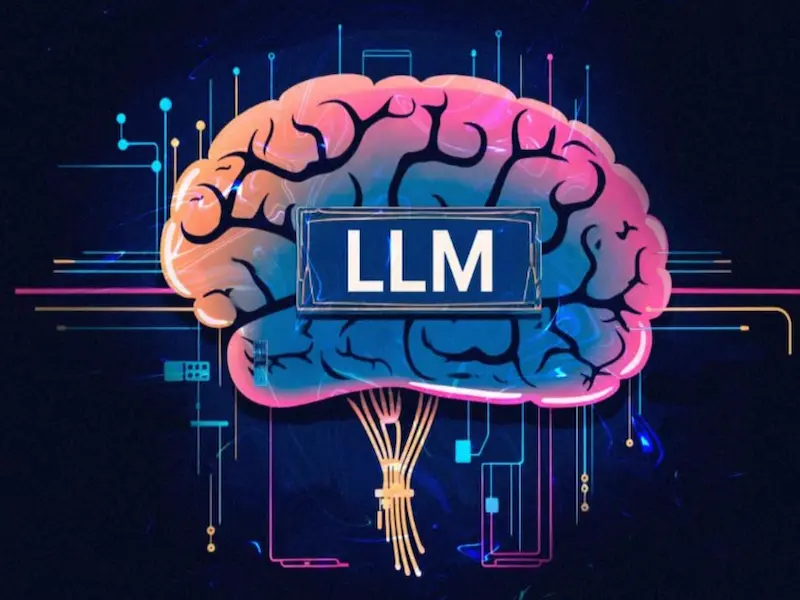- Large Language Models are accessible through various platforms, making AI technology available to a broad audience.
- The interfaces of LLMs allow non-technical users to interact with advanced AI without needing programming skills.
- LLMs enable individuals from diverse backgrounds to access information and tools previously limited to tech-savvy users.
The emergence of Large Language Models marks a significant milestone in artificial intelligence, as they have become widely accessible to the general public. Unlike previous AI technologies that often required specialised knowledge to use effectively, LLMs provide user-friendly interfaces that allow anyone to harness their power. As these models gain popularity, a critical question arises: Are LLMs the first truly accessible form of artificial intelligence for everyone?
Also read: What is artificial intelligence?
Also read: HPE brings LLMs to Aruba as AI takes over the network
Also read: Chinese tech giants announce reductions for LLMs
Widespread availability
The defining feature of LLMs is their accessibility. Unlike earlier AI systems that were limited to specialised applications or required extensive infrastructure, LLMs are available through numerous platforms and applications. Organisations like OpenAI, Google, and Microsoft have integrated LLMs into products such as chatbots, virtual assistants, and even word processors. This widespread availability means that people from diverse backgrounds, including students, professionals, and hobbyists, can utilise AI technology without facing barriers related to cost or technical expertise.
User-friendly interfaces
Another key aspect contributing to the accessibility of LLMs is their user-friendly interfaces. Traditional AI systems often required deep technical knowledge to set up and operate, limiting their use to data scientists and engineers. In contrast, LLMs come equipped with intuitive interfaces that allow users to pose questions and receive instant responses in natural language. For instance, individuals can ask LLMs to generate text, summarise articles, or even assist in coding—all without requiring any programming skills. This ease of interaction democratises access to powerful AI capabilities, empowering those who might have previously felt excluded from engaging with cutting-edge technology.
Democratisation of knowledge
The implications of LLM accessibility extend beyond mere convenience; they also facilitate the democratisation of knowledge. With LLMs at their fingertips, users can easily access information across various domains, from science and technology to arts and humanities. This empowerment can be particularly beneficial for marginalised groups or those lacking resources to access traditional educational avenues. By providing instantaneous access to reliable data and insights, LLMs can foster learning, creativity, and collaboration among individuals from different backgrounds.
Challenges and considerations
Despite the enormous potential of LLMs, it is important to address the challenges that accompany their widespread use. Issues such as misinformation, biased training data, and ethical considerations around privacy and security must be taken seriously. While LLMs can produce coherent and contextually relevant content, they can also inadvertently generate misleading or harmful information if not properly supervised. Therefore, fostering responsible AI usage will require continuous education, transparent practices, and community engagement to ensure these powerful tools benefit society as a whole.

